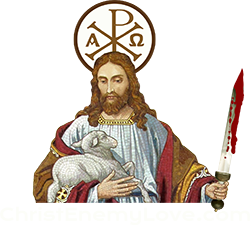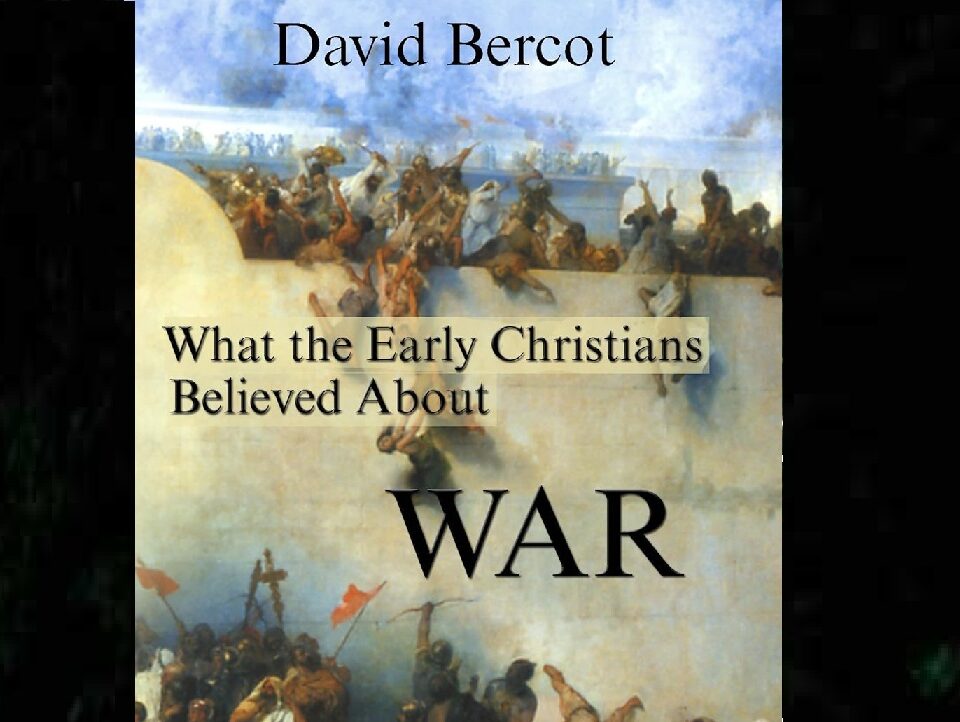The council of Nicea in 325AD is infamous for making those belonging to what I call the Jesus-is-God movement “Orthodox” (I.e., holding to a right teaching). But it’s also famous for the great change in the socio-political condition and prospects of the early churches.
The historian Phillip Schaff, in his multi-volume History of the Christian Church, recorded that “After Christianity, contrary to all expectation, triumphed in the Roman Empire, and was embraced by the Caesars themselves, the millennial reign, instead of being anxiously waited and prayed for, began to be dated either from the first appearance of Christ, or from the conversion of Constantine and the downfall of paganism, and to be regarded as realized in the glory of the dominant imperial state-church.”
Another historian, Dr. Richard Rubenstein in his When Jesus Became God book adds:
“Just a few years before [Nicaea, Christians had been wondering] if the age of persecutions would ever end. Now Constantine had favored and enriched them beyond their wildest dreams. In less than a year, the new emperor had returned or rebuilt virtually all their churches, given them back the jobs and honors taken from them, restored their civil rights, and made full compensation, out of the imperial treasury when necessary, for property destroyed or damaged. [Constantine] had accorded Christian clergymen privileges formerly granted to pagan priests, including exemption from the taxes and levies that even prosperous citizens found crushing. [Constantine even] went on the offensive against paganism; though he stopped short of outlawing the old religion entirely, he banned the construction of new temples, the consulting of oracles, and animal sacrifices….With the old faith in decline, new converts poured into the Christian churches.”
Dr. Rubenstein goes on to describe how Constantine “very warmly” welcomed the bishops attending the council at Nicaea by housing them, “depending on their age and distinction, either in the palace or in one of the numerous outbuildings rimming the lake [at Nicaea]. A good many of [the bishops, says Dr. Rubenstein] bore the scars of past persecutions: eye patches covering lost eyes, limps produced by severed hamstrings or Achilles tendons, backs deformed by hard labor in Phoenician mines. How satisfying to provide these sufferers with some of the worldly comforts they had so long deserved! Their gratitude was equally touching. Some bishops apparently believed they had already entered the Kingdom of Heaven, or at least a well-furnished anteroom.”
Up until this council, Christians for the most part had steered well clear of all political and military affairs. As a matter of fact, church councils had not only condemned any such participation but any position that went against the strict unqualified NT commandments regarding violence.
For example, a church canon [i.e., order] from an earlier church council in Egypt, around 200AD warned: 9 A military man in authority must not execute men. If he is ordered, he must not carry it out. Nor must he take military oath. If he refuses, he shall be rejected. 10 If someone is a military governor (has the authority of swords), or the ruler of a city who wears the purple, he shall cease or he shall be rejected. 16.7 If someone is a gladiator, or one who teaches those among the gladiators how to fight, or a hunter who is in the wild beast shows in the arena, or a public official who is concerned with gladiator shows, either he shall cease, or he shall be rejected.”
And by “rejected” they meant banished from the church!
The council at Nicaea, however, marked the slow but sure transformation of the Church into the State. Thus, in a few decades the future apocalyptic view of the Gospel message about the coming KOG on earth, held by the majority of the early so-called Church Fathers, was exchanged.
Again, historian Phillip Schaff noted that “Augustin, who himself had formerly entertained [the hope for a future Millennium], framed the new theory which reflected the social change, and was generally accepted. The apocalyptic millennium he understood to be the present reign of Christ in the Catholic church, and the first resurrection, the translation of the martyrs and saints to heaven, where they participate in Christ’s reign.”
The book The Myth of a Christian Nation says:
“Since the time of Constantine, Christianity has largely been the obedient servant of the kingdom of the world, while the cross has often been reduced to the pole upon which a national flag waves. For God and country has been the battle cry of Christians, as it has in one form or another for almost every other army, whatever the particular religion or nation. As a result, [says the author] global missions have been tremendously harmed….And we who seek first the kingdom of God (Matt. 6:33) must accept responsibility for this. We have not placed the preservation of the holiness—the radical distinctness—of the kingdom of God as our top priority. We have rather allowed the cross to become associated with the sword of Constantine. We have allowed the unblemished beauty of Calvary to get wrapped up in the typical ugliness of our version of the kingdom of the world. We have allowed our allegiance to the kingdom of God to be compromised by allegiance to our nation. We have far too often placed our worldly citizenship before our heavenly citizenship (Phil. 3:20) and allowed the flag to smother the cross. The time to turn completely from this Constantinian idolatry is long overdue.”




